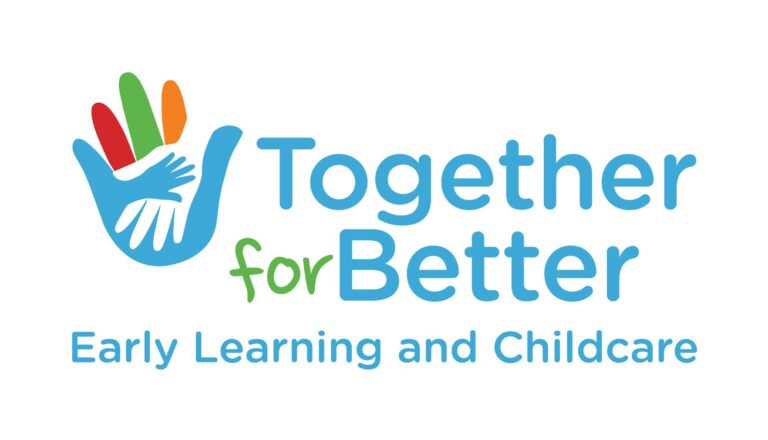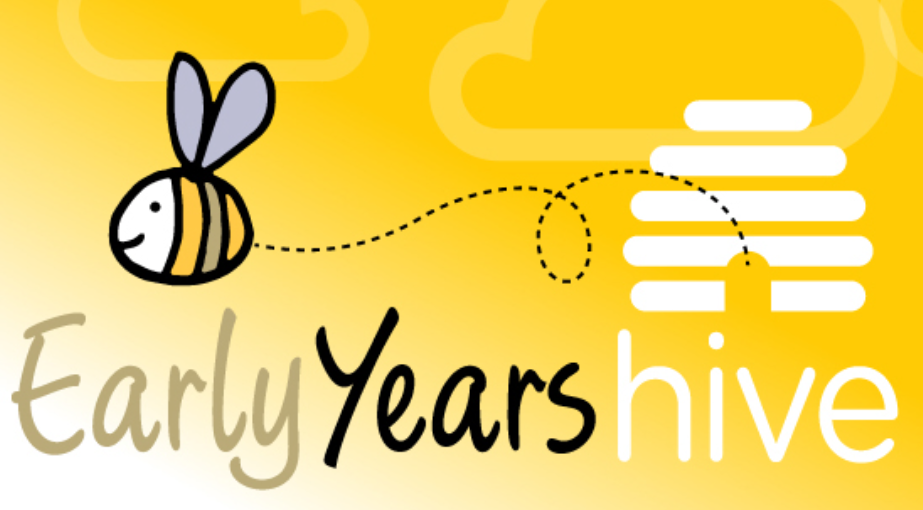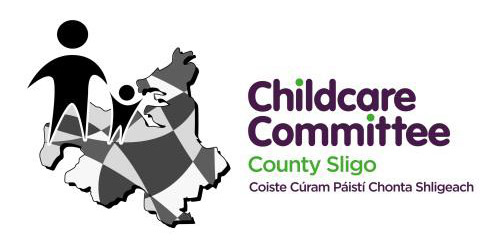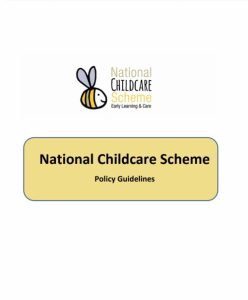Childcare Funded Programmes

Together for Better is the new funding model for Early Learning and Care and School Age Childcare.
Together for Better brings together three major elements, the Early Childhood Care and Education programme, including the Access and Inclusion Model (AIM), the National Childcare Scheme and Core Funding. It implements a series of recommendations in the Expert Group report Partnership for the Public Good.
9 out of 10 Early Learning and Care and School Age Childcare providers – over 4,100 services – have become Partner Services under Core Funding, committing to working in partnership with the State for the public good, and to a freeze on parental fees.
Please click on the link below, for more information on the Together for Better Funding Model:

The National Childcare Scheme
The Early Years Hive is the name for the service provider portal for Early Years Programmes (NSC, ECCE & CCSP).
The Early Years Provider Centre (EYPC) is the designated point of contact for service providers to direct queries regarding existing Department of Children, Equality, Disability, Integration and Youth funded childcare programmes. EYPC can be contacted by calling 01 511 7222 from 9am – 5pm Monday to Friday or by submitting requests directly via the Requests section of the Early Years Hive.
The following supports are available in the Resouces section of the Early Years Hive
National Childcare Scheme Sponsor Referral
The National Childcare Scheme makes special arrangements for some children and families to be sponsored by certain public bodies so they can get childcare under the NCS. Families with high levels of need, who require childcare for child welfare, child protection or family support reasons, may be referred for childcare support by a specified “Sponsor Body”. Where such a referral is made, the family will automatically qualify for a subsidy for the number of hours considered appropriate by the Sponsor Body without having to satisfy the scheme’s eligibility, income or enhanced hours requirements. The Scheme will cover the cost of the sponsored childcare, with no requirement for any parental co-payment.
The five statutory bodies specified as sponsors in the Childcare Support Act 2018, and the specific groups of children who will benefit, are:
- Minister for Education and Skills – for teen parents who are still in education or training;
- Minister for Justice and Equality – for refugees and asylum seekers, to enable parents’ participation in education, integration and other relevant supports;
- Tusla, Child and Family Agency – to promote the welfare of children, either where there is a child protection concern, or as a form of early intervention or family support;
- HSE – to support child development for children who are below the age for participation in ECCE and where there is an identified need for childcare as a developmental support for the child; and
- Local Authorities – to support homeless persons with children that are homeless or moving out of homelessness to access childcare services.
Each Sponsor Body has its own eligibility criteria, and its own referral form, which sets out those criteria. The Sponsor decides if a particular child is eligible; eligibility may include age rules (e.g. HSE only refer children under 4 years). The Sponsor Referral Officer will have the relevant referral form and will link with the family to complete the form, which then must be signed and stamped by the Sponsor.
Sponsors decide on the number of hours and weeks the Subsidy will cover, up to a max of 45 hours (from 7th September, 2020) and usually up to 52 weeks.
A referral is initiated by a sponsor body by completing a sponsor referral form (using only the official form, to be stamped with the referring body’s official stamp). The referral form will include basic information necessary for a referral to be made, including:
- child and parent information – name, date of birth and PPSN,
- amount of childcare recommended (i.e. the total number of hours inclusive of educational stage school hours in term time and non-term time),
- duration of referral (i.e. total number of weeks),
- current and next educational stage of child,
- the referral officer details and the designated contact person details, as appropriate.
For Further information visit the sponsor referral section in the Resources FAQ
on the Hive or view section 14 of the following NCS Sponsor referral\Policy Guidelines
Early Childhood Care and Education (ECCE)
The ECCE programme is a universal programme available to all children within the eligible age range, since September 2018 the ECCE scheme has been made available to all children over the age of 2 years and 8 months for two full programme years. The upper age limit on finishing the ECCE remains at 5years and 6 months.
There is one point of entry at the beginning of the programme year. The programme will be available to all children who have turned 2 years and 8 months of age before September 1st as long they won’t turn 5 years and 6 months of age on or before June 30th of the programme year.
It provides children with their first formal experience of early learning prior to commencing primary school. The programme is provided for three hours per day, five days per week over 38 weeks per year and the programme year runs from September to June each year

ECCE & Access and Inclusion Model (AIM)
The Access and Inclusion Model (AIM) is a programme of supports designed to ensure that children with disabilities can access the Early Childhood Care and Education Programme in mainstream pre-school settings and can participate fully in the pre-school curriculum alongside their peers.
To view more information on Aim, go to AIM for Providers or call Sligo CCC on 07191-48860

Ecce Qualifications
A childcare provider must ensure all staff working with children hold, at a minimum, a qualification that meets the requirements of the Regulations.
Room Leaders must, at a minimum, hold a qualification that meets the grant funding agreement requirements for ECCE Room Leader as set out on the published list of DCEDIY ‘Early Years Recognised Qualifications’ or hold a Letter of Eligibility to Practice at this level issued by the DCEDIY (see more information relating to qualifications, including the published list on DCEDIY Early Years Recognised Qualifications

